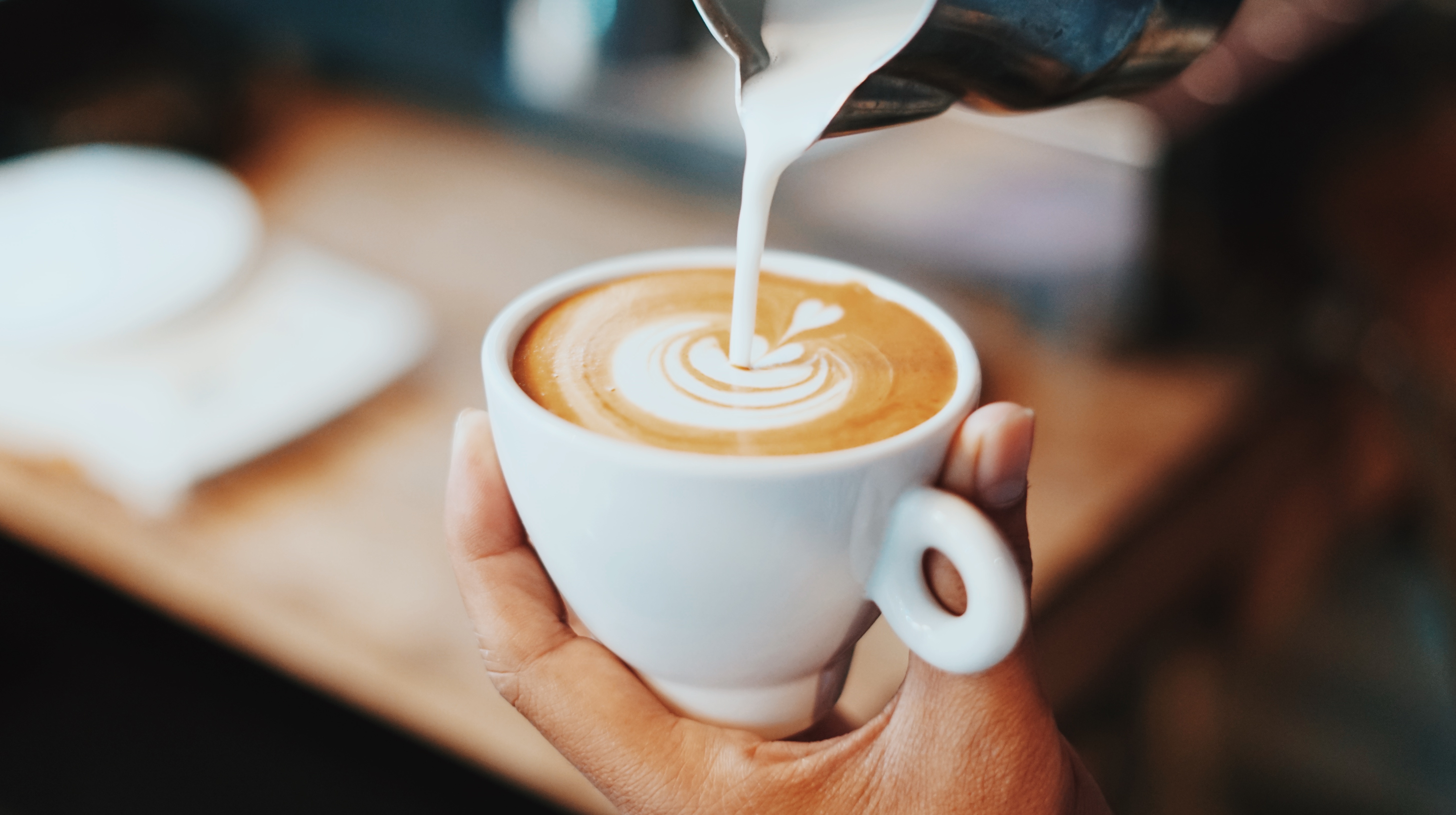Ramadan is a holy month, during which Muslims focus on the more spiritual aspects of life and avoid eating pleasures during fast.
Now, because Ramadan involves a massive change to your eating patterns, there are things to consider, if you want this period to have an optimal effect on your body.
In this article, we are going to cover some of the foods you should avoid during Ramadan, in order to keep yourself more satiated and have energy throughout the day, while fasting.

4 Foods & Drinks To Avoid During Ramadan
Since fasting is an integral part of Ramadan, you have to make sure that you are meeting your nutritional needs.
What this means is that you should primarily focus on protein & fat-rich foods, along with plenty of carbohydrates, fibers, and plant products that contain vitamins and minerals.
However, in order to make fasting bearable (i.e stay satiated & hydrated for longer), there are certain foods you should avoid.
#1 Fizzy drinks
Fizzy drinks like Coca-Cola & Fanta are tasty, but they are also poor in nutrients and have loads of sugar.
Sugar can stimulate your appetite and make you thirsty, so you should instead resort to a nice, full, protein & fat-rich meal at dusk, along with fair amounts of water.
THIS will keep you satiated for most of the duration of your daily Ramadan fast.

#2 Too much salt
Salt is just one of the ingredients you can accidentally have too much of, without even knowing.
Now, salt is essential for the body but the thing is it stimulates thirst.
This can therefore make fasting unbearable, which again brings us to the conclusion that you should stick to nutrient-dense, satiating foods, along with good hydration.
#3 Coffee
Coffee is usually viewed as one of the products that can help you sustain energy levels during a fast.
However, while caffeine is very stimulating, it can also dehydrate you and make you hungrier.
This can therefore make it unsuitable in the context of a satiating, nutrient-dense nutrition plan.

#4 Sweets
Much like fizzy drinks, eating processed, sugary foods can have an impact on your appetite.
You can have sweets in moderation as a dessert after your main meal, but the focus should be on nutrient-dense foods that provide enough protein, fats, carbs, and fiber.
Frequently Asked Questions
#1 Is fasting healthy?
Fasting is just another approach to nutrition, which triggers a certain biological response.
In moderation, fasting can have great benefits for your body and mood, but the more it lasts, the more you feel exhausted and may eventually become malnourished.
This is why during Ramadan, you should carefully plan out your nutrition before dusk and after dawn.
Furthermore, men and women tend to respond differently to fasting, due to the genetic evolutionary changes.
Men experience a higher metabolism boost, perhaps because, during times when we lived in hunter-gatherer societies, men and women had different roles and have thus adapted differently to scarcity.

#2 Can you eat meat during Ramadan?
Since Ramadan involves a lot of fasting, getting quality protein is an integral part of your nutrition plan for that one-month period.
And guess where the best protein comes from? Meat and other animal products.
Nevertheless, there are some restrictions.
During Ramadan or even in other months, Muslims consume Halal meat, which is guided by religious criteria.
This means that there is a specific requirement for how the animal was grown, fed, slaughtered, and prepared to consume.
Halal meats should be the primary protein source of your Ramadan nutrition plan.
Conclusion
In setting up your Ramadan nutrition plan, you should pay close attention to nutrient-dense foods, as well as foods and liquids that can hydrate your body for hours on end.
As there are foods and liquids that can keep you satiated and hydrated, there are foods that can make you hungry and thirsty.
Those are mainly fizzy drinks, processed sweets, excessively salted foods, as well as coffee and other caffeinated drinks.
All products we listed above should be brought down to a minimum, if not excluded.
In doing this, you will ensure a complete, nutrient-dense, satiating diet that will ultimately help you feel better and sustain energy levels during your fast.
Talking to a specialist can be helpful
Making lifestyle changes can be difficult on your own. Therefore, you can always hire a health coach. A health coach can help you with choosing the right foods that support your life.
Your health is in your own hands!
What other foods do you tend to avoid during Ramadan? Let us know in the comments!
.png)